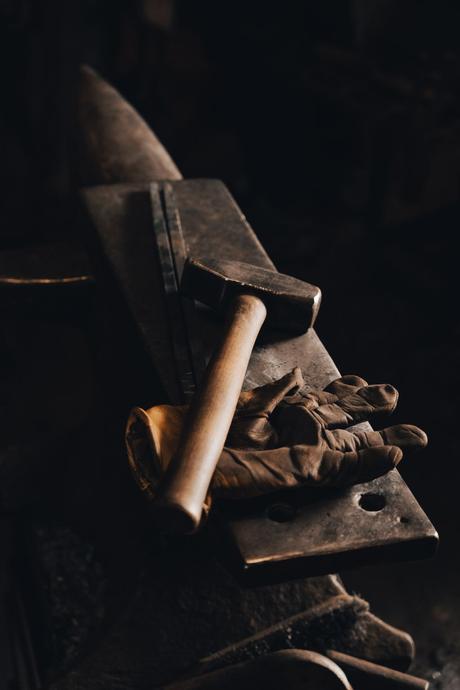
I find the story of Pythagoras and the invention of harmony quite fascinating. Legend has it that he was walking past a blacksmith's shop one day and heard a beautiful sound emerging from the forge. He walked in, keen to discover the source of this incredible sound, and discovered five blacksmiths working with five different hammers. He quickly collected the hammers and he meticulously studied the weights, dimensions, and proportions of the five hammers. Four of the hammers aligned into beautiful proportions, while the fifth did not fit nicely into those same ratios. He initially tossed the fifth hammer out, and was left with four hammers creating beautiful music, but it lacked the magic he had heard. When he combined this fifth hammer, the sounds aligned perfectly. He had invented harmony.
There is a pretty simple but profound lesson wrapped up in this story. Western society, despite all evidence to the contrary, still values conformity in most significant sub-cultures. We may celebrate success or creativity in ways that make us think we are spotlighting the standout performances but their is often a formula embedded in that success. We talk quite a bit about the amazing accomplishments of those that buck the trend, but very quickly their anti-establishment ethos becomes the establishment itself. I'm reminded of the classic 1984 Apple Macintosh commercial, which ushered in a new era in personal computing.
We will always be drawn to that which is "new" or "edgy" but even these experimental components eventually become mainstream. Timing is important, as is the ability to tap into the right audience. This can be true of people just as it's true of technology and fashion.
The fifth hammer reminds us not to discount that which doesn't seem to agree with everything around it. It warns us to avoid the trap of discussing "fit" when hiring a new employee, and it challenges us to question the directions we are given about how to succeed in life. It reminds us to find ways to value the intangible and always ask how that outlier might add to the collective and make everything better in the process.
Our own unconscious biases lead us to stick with that which is comfortable and familiar. Inertia guides our actions in powerful ways, in spite of evidence which could lead us in a different direction. In looking to that fifth hammer and reassessing it's value and impact on us individually and on the organization as a whole, we are given the possibility of true change for the better. There is inherently a risk involved in looking to include this outlier, and you will certainly not find harmony with everything. However, if you're willing to take a chance and swing that fifth hammer, you may just discover a beautiful harmony you never knew existed and you now can't imagine living without!
